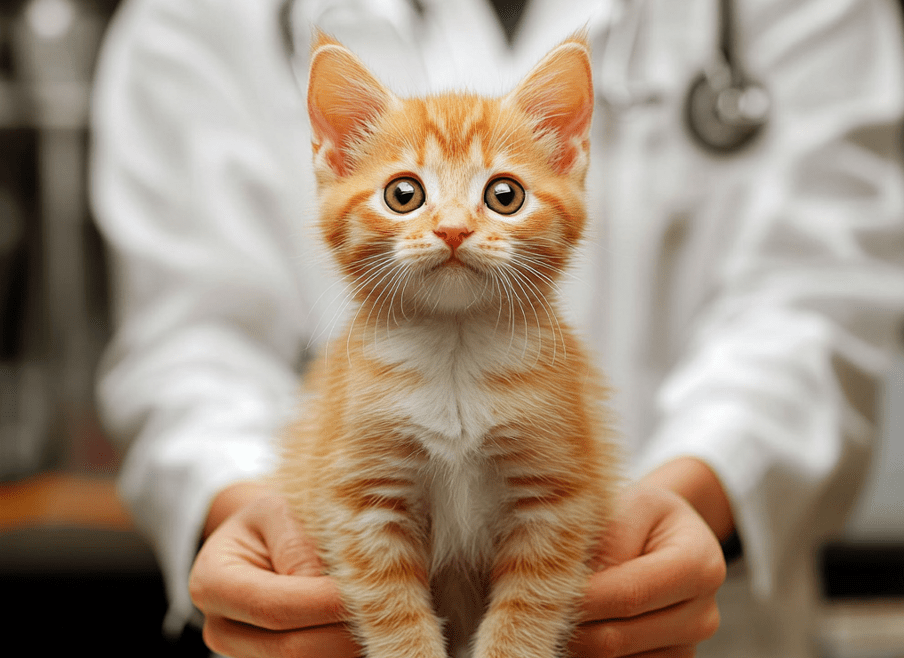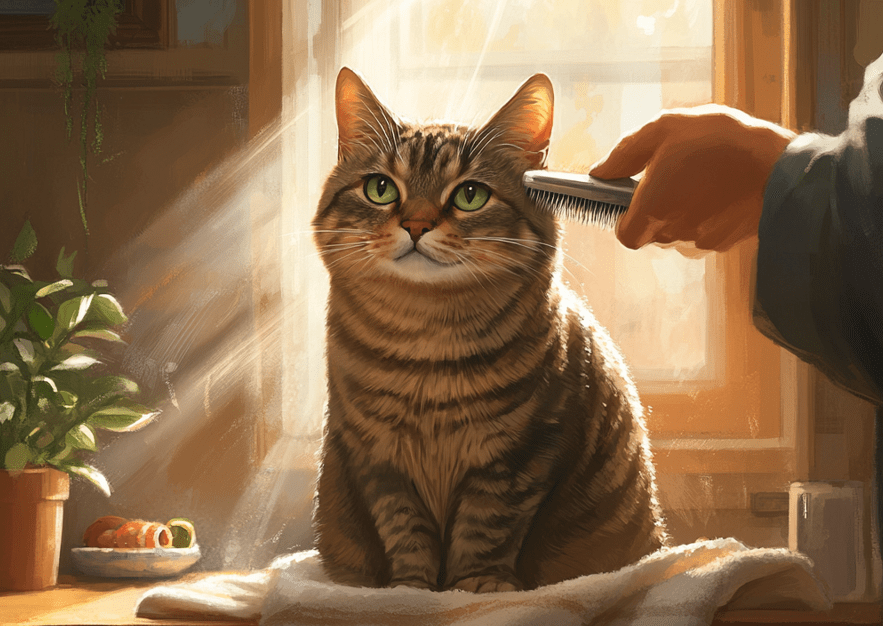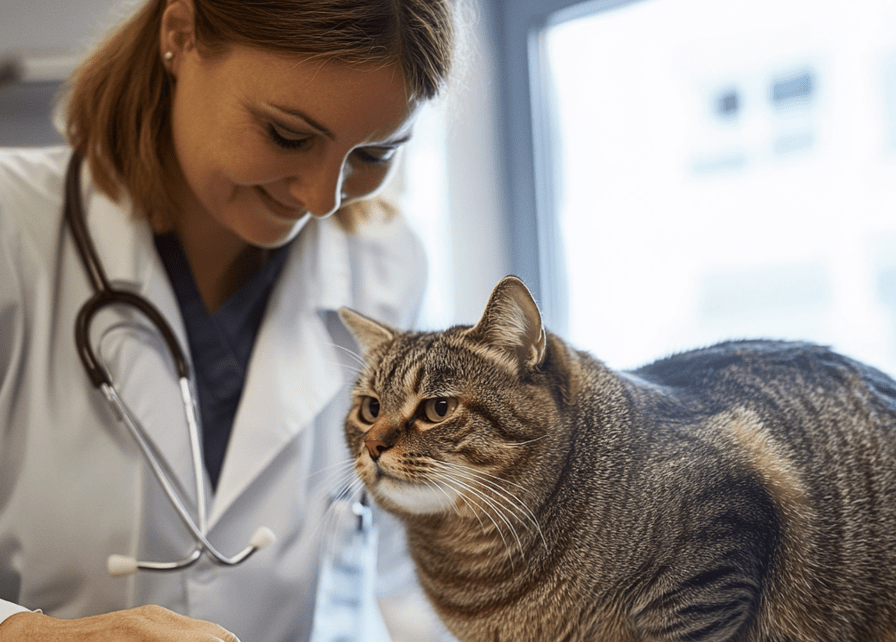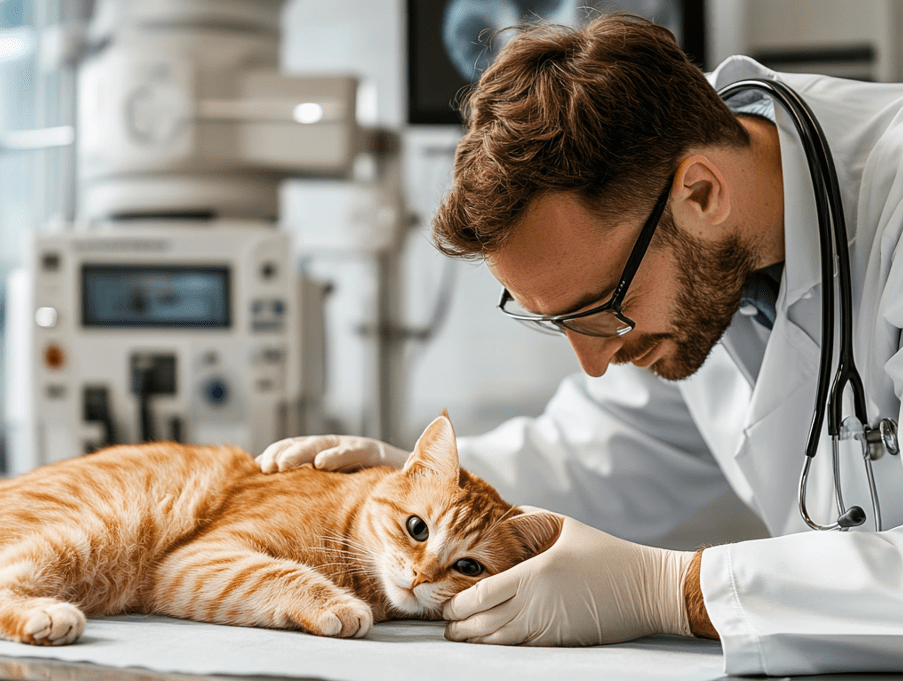
Parasite prevention for cats is a very important part of feline health care and to keep your pet feeling good. Common diseases include fleas, ticks, worms, which although can cause minor skin irritations, can also give one severe illness. About the parasite, one may need to adopt standard vet check, prevention treatments and usual cleanliness. In this guide, we will cover the most frequent parasites that may infect cats, and by being attentive to their presence, you can lead your cat away from conditions that it does not want and thus have a healthy and happy kitty. Parasites are something that is much easier to prevent than trying to get rid of them.
Preventing parasitic infestations in cats is part of the cat’s health control that should not be overlooked by any cat keeper. It is in the company of fleas, ticks, worms, and other external and internal parasites which would not be very pleasant for your cat should they become a houseguest. If you are interested in how to protect your cat from parasites and how your pet can live a comfortable life, you should read this article.
To watch the summary of this article, just watch this video-
Understanding Common Cat Parasites
Cats are no exception to falling victim to getting parasites, and here we have made an attempt to know more about common cat parasites.
To address ways to prevent the occurrence of the parasitic infections in cats we must first comprehend various forms of parasites that are prevalent in cats.
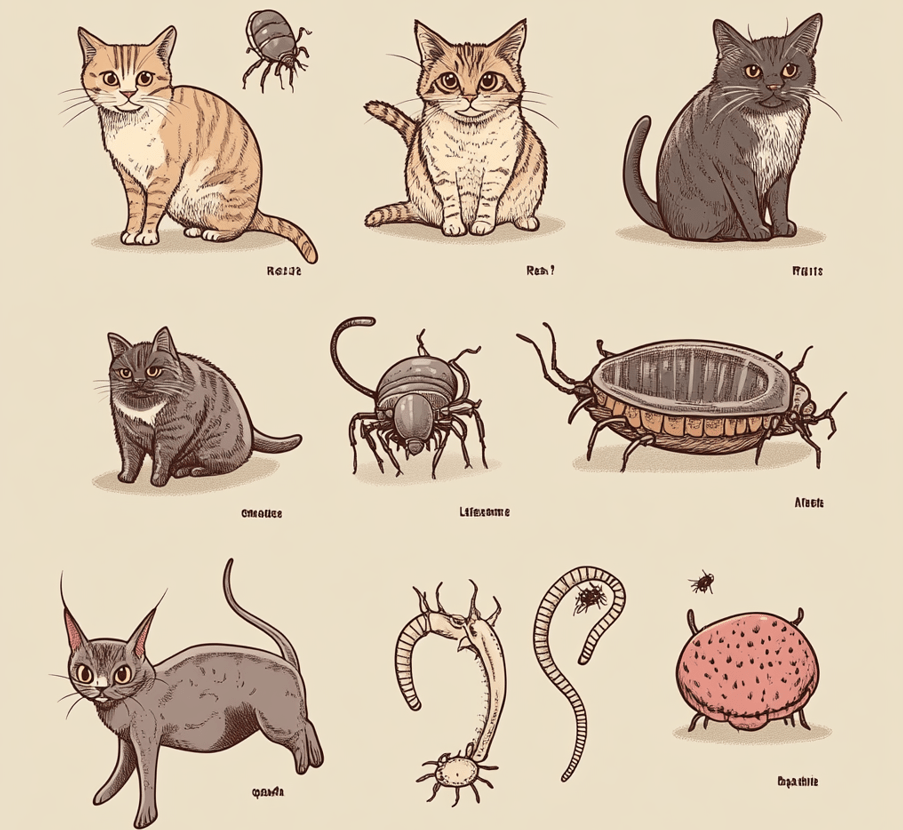
External Parasites
1.Fleas: These little insects without wings are the prevalent exterior parasite found on cats. They are associated with intense itching, allergies, and they carry tapeworms.
2.Ticks: Living in grass and woodland regions, ticks are capable of causing Lyme diseases as well as Babesiosis.
3.Mites: Ear mites and other sorts of mites are parasites which can cause ear infections, itching, and skin inflammation.
Internal Parasites
1.Roundworms: They, for instance, are common in kittens and can lead to malnutrition, weight loss and gastrointestinal upsets.
2.Tapeworms: Usually, fleas transmit it; these are worms that dwell in the intestines and may lead to weight loss and inflammation of the rectal area.
3.Heartworms: While less often seen in cats than in dogs, heartworms can lead to severe respiratory and cardiac diseases.
4.Hookworms: These parasites can therefore lead to anemia and many other forms of health complications, more so in kittens.
Signs Your Cat May Have Parasites

That is why learning about main signs of a parasite infestation matters, as it will let you react faster and prevent further problems.
1.Scratching and Biting: Actually, scratches, biting, or licking repeatedly may mean that the cat has fleas or mites.
2.Hair Loss: Localized alopecia may be due to fleas or dermatitis.
3.Weight Loss: Some of the external symptoms include, for instance, unexplained weight loss may be attributed to internal parasites such as worms.
4.Diarrhea and Vomiting: Signs of gastrointestinal worms are gastrointestinal problems.
5.Visible Parasites: Specifically, fleas, ticks, or worms that may be seen in the feces test positive for a parasite issue.
Effective Parasite Prevention Strategies
An ounce of prevention is better than a ton of cure when it comes to parasites. The following is a list of the ways that have proven most helpful in ridding your cat of parasites .
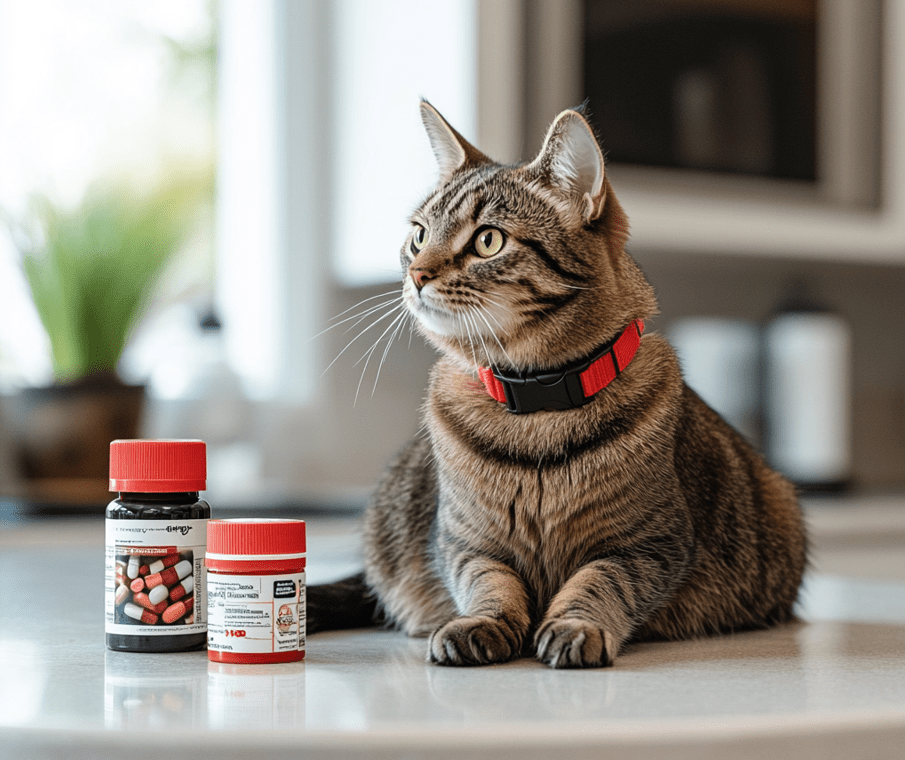
Regular Vet Visits
The best way that one can prevent and detect parasites early include having the pet undergo a routine examination from the veterinarian. Your vet will advise on the right way to go about it, both in treatment and prevention.
Flea and Tick Preventatives
1.Topical Treatments: Treating the pet with flea and tick preventative, commonly known as spot-on is recommended for once a month.
2.Oral Medications: There are soft chews that are used in the management of flea and ticks and which give extended protection.
3.Collars: The advantage of flea collars is that they provide the cat with protection for a longer time but don’t put too much pressure on your cat.
Environmental Control
1.Clean Living Space: To avoid infestation, ensure you wash the cat’s bedding, toys, and the area where they spend most of their time, frequently.
2.Vacuum Frequently: Please, vacuum all carpets, rugs and furniture where flea eggs or larvae may still be present.
3.Outdoor Precautions: Cut the grass often to keep your yard tidy, and do not let it grow high in order to avoid infestation by ticks.
Deworming
1.Routine Deworming: Feacal screening is also critical though it is recommended more especially with outdoor cats. This can be as frequent as once daily to as infrequent as once a week; consult with your vet about the when’s of worming.
2.Litter Box Hygiene: Clean the litter box often and clear wastes well to avoid littering of the compound with worms.
Heartworm Prevention
Despite the fact that heartworm disease is less common in cats as compared to dogs, it is useful to treat your cat for it, particularly in regions where the disease is common.
1.Monthly Preventatives: Consult your vet and give your dog monthly heartworm preventatives.
2.Limit Outdoor Exposure: Decreasing the length of time your cat spends outdoors will decrease the chances of it getting bitten by a mosquito which may carry heartworm.
Natural and Home Remedies
The kinds of treatments applied in veterinary medicine are very effective but some pet owners use herbs alongside veterinary treatments.
1.Apple Cider Vinegar: Mix a little apple cider vinegar in the water your cat drinks this will help in repelling fleas.
2.Essential Oils: Some essential oils such as lavender and cedarwood oil help in getting rid of parasites. But first always dilute and be careful because some of these oils may be dangerous to cats.
Indoor vs. Outdoor Cats: Parasite Prevention Strategies
Regardless of whether your cat is an indoor cat, an outdoor cat, a farm cat, or just a strictly indoor cat, parasites are a terrible menace to the life of the cat. Cats occupy a different category where parasite prevention is based on the lifestyle of the cat.

Indoor Cats
Indoor cats, however, are known to be less likely to come into contact with the parasites, they are not entirely safe. The most efficient way to prevent the problem of parasites are the routine check-ups of pets with the veterinarian. For effective feline allergy control, it is recommended to clean the house and often wash the beds, toys, and other places your cat likes to visit most. Cats who are even kept indoors require flea and tick prevention because these parasites can find their way into homes through garments or other pets. The other is to ensure your cat is dewormed regularly particularly if your cat has freedom to roam in the basement or attics. Some cats can be infected with internal parasites hence, ensure that you clean the litter box regularly to steer clear of bacterial infection.
Outdoor Cats
Outdoor housed cats are prone to infestation of parasites since they come into contact with the environment and other animals. They are more often to need veterinary check-ups, including preventive ones, as they are more susceptible to diseases. Always use flea, tick and worm treatments and possibly heartworm treatments if your cat is an outdoor cat since they are likely to come into contact with mosquitoes. Care for your lawn to decrease the instances of the appearances of ticks and fleas as well as regulating for rodents that often transport parasites.
Importance of a Healthy Diet

Parasites in cats can well be prevented through a good nutrition plan for the cats concerned. A well fed cat can maintain a fairly strong immune system and is able to resist infections and if it happens to be infested, can recover quickly. A balanced diet also assists in avoiding obesity and recommended again because obesity makes the cats prone to parasitic ailments.
A shiny coat and clean skin policy that comes with a balanced diet keeps off these external enemies such as fleas and ticks. Proper nourishment also tames digestion hence keeping off internal worms and parasites in general by ensuring your cat benefits sufficiently in terms of nutrition.
Food constituents can also be used as natural parasite deterrents as well to some extent. For example, some herbs and nutrients that must be used safely are effective in the repulsion of fleas and ticks. However, you need to talk to the vet before incorporating any new part or plan to include on your cat’s diet.
In other words, you only prevent the parasites if you take healthy food that has no impacts on your body systems. It boosts immunity, helps to prevent obesity and aids in skin, coat and digestive health, making your cat’s body less vulnerable to parasites. Feed your cat a proper diet and talk to your vet for more precise diet suggestions for your cat.
Conclusion

The main idea about parasites in cats’ healthcare is that prevention is a constant process, and the veterinarian always has to be on the alert. This article will help you familiarize with most common parasites affecting your cat, identifying the symptoms of infestation and applying effective measures to avoid them and keep your pet satisfied and healthy. It is always important to discuss with your veterinarian on how best to prevent the diseases as well as the current available treatments.

